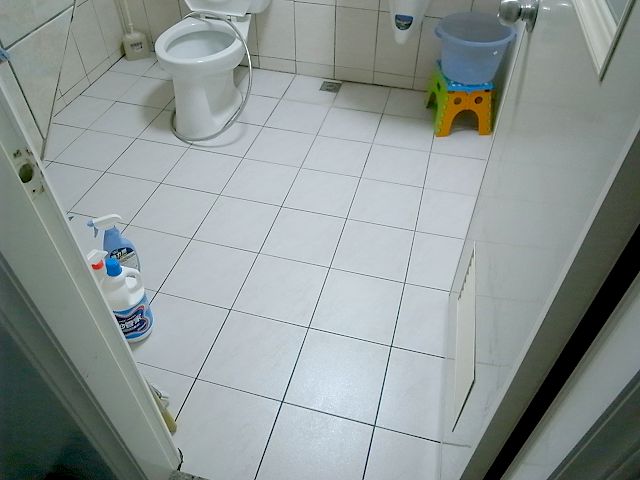Psychological Factors in Erectile Function | Sexual Wellness|Libido En…
페이지 정보
작성자 Kellee Melbourn… 댓글 0건 조회 9회 작성일 25-04-13 13:26본문
 Male sexual performance is a multifaceted topic that is often misinterpreted. While health-related conditions including erectile dysfunction and low testosterone levels are pervasive health worries, psychological considerations also play a significant role in a man's ability to perform sexually. In this article, we will examine the different psychological elements that can affect male sexual performance and offer guidance on how they can be moused.
Male sexual performance is a multifaceted topic that is often misinterpreted. While health-related conditions including erectile dysfunction and low testosterone levels are pervasive health worries, psychological considerations also play a significant role in a man's ability to perform sexually. In this article, we will examine the different psychological elements that can affect male sexual performance and offer guidance on how they can be moused.Stress and Anxiety | Pressure and Worry
Stress and anxiety are two of the most common psychological factors that can narrowly affect male eruptive performance. High levels of stress and anxiety can increase cortisol levels, which can suppress testosterone production and result in erectile dysfunction. When a man is under a lot of stress or anxiety, he may feel overwhelmed and unable to relax, making it hard to achieve or sustain an erection. Furthermore, the expectations to succeed in can add to feelings of anxiety, creating a vicious cycle that can be challenging to break.
Performance anxiety | Intimate Pressure
Performance anxiety is a specific type of anxiety that occurs when a man feels pressure to succeed in in intimate situations. This can be triggered by various elements including past events, cultural generalizations or fears about pleasing a significant other. Men who experience performance anxiety may perceive nervous and excited at the same time, making it difficult to relax and become turned on.
Depression and Low Libido | Low Sex Drive
Depression and low libido are also considerable psychological elements that can impact male intimate performance. Depression can reduce sex drive, making it difficult for a man to perceive involved in intimacy. Furthermore, depression can also result in erectile dysfunction, as the prolonged feeling of sorrow can express physically. Low libido, on the other hand, can be initiated by various elements including relationship problems, physical health problems or medication side effects.
Past Trauma and Intrusive Thoughts | Unwanted Recollections
Past trauma and intrusive thoughts can also impact male intimate performance. Traumatic experiences such as childhood abuse, sexual aggression or the loss of a significant other can generate emotional wounds that can make it hard for a man to engage in romantic encounters. Intrusive thoughts, which are unwanted and unplanned thoughts, can also interfere a man's ability to calm down and be engaged during sex. These thoughts can be about past traumas, fears, or other anxious memories, making it difficult to focus on the current moment.
Body Image and Self-Esteem | Self-Perception
Body image and self-esteem are also vital psychological factors that can influence male eruptive performance. When a man has a unfavorable body image or low self-worth, he may feel anxious about his physical presence, leading to performance anxiety or erectile dysfunction. Additionally, a man with low self-worth may perceive inadequate or less capable of satisfying his partner, further worsening performance anxiety.
Breaking the Stigma | Open Discussion
It's essential to break the stigma surrounding male sexual performance issues. Many men tolerate in silence, fearing that they are incompetent or less than their partner. By speaking honestly about their worries and feelings, 必利勁哪裡買 men can begin to seek help and work through their problems. This can include therapy, counseling, or seeking medical attention to tackle any underlying physical or mental health situations.
Managing Psychological Factors | Overcoming Challenges
Several tactics can help men overcome psychological considerations that affect male eruptive performance. These include:
Practicing relaxation methods such as deep breathing, meditation, or yoga to lower stress and anxiety
Engaging in honest and sincere communication with their partner about their feelings, desires, and concerns
Seeking support from a therapist to resolve underlying complications
Developing a positive self-image and self-worth through self-care and self-love
Addressing any underlying physical or mental health conditions through medical care.
In conclusion, psychological factors contribute to male sexual performance. Stress and anxiety, depression and low libido, past trauma and intrusive thoughts, and body image and self-confidence are all important considerations for men who cope with intimate performance concerns. By breaking the stigma surrounding these fears and seeking help, men can work towards enhancing their mental health and well-being, leading to improved sexual function and overall health.
댓글목록
등록된 댓글이 없습니다.





 전체상품검색
전체상품검색




